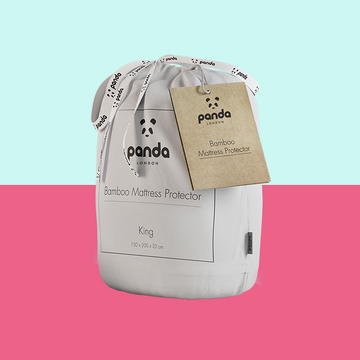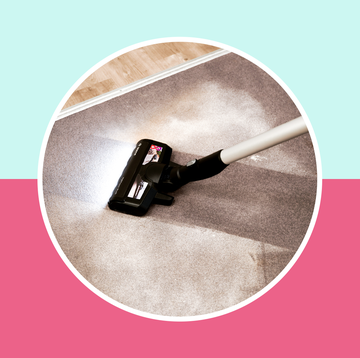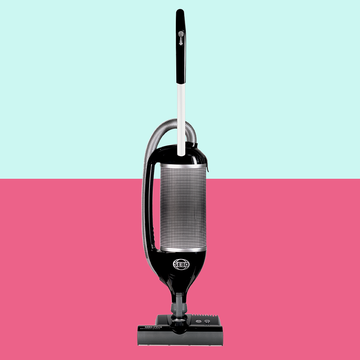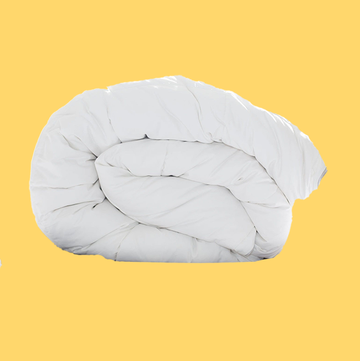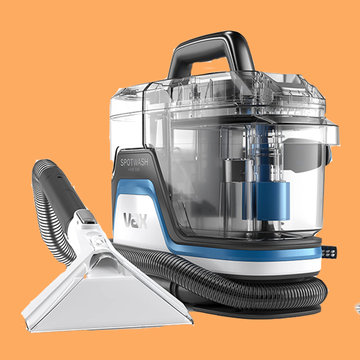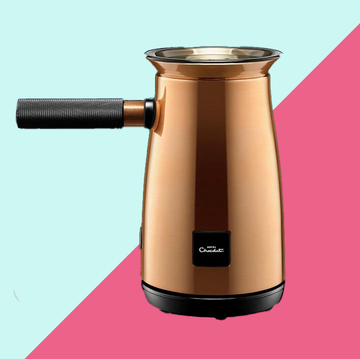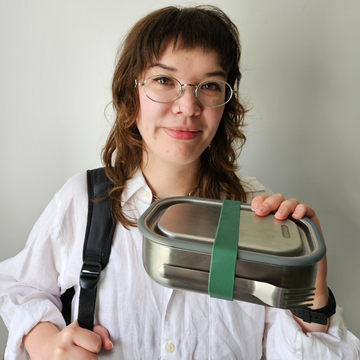We earn a commission for products purchased through some links in this article.
The best water filters for softer, better-tasting water on tap
From water filter jugs and countertop dispensers to under-sink solutions

Are you a southerner living in perpetual jealousy of the north’s tasty tap water? For those in hard water areas (see: the southeast of England), the best water filter can make a real difference. Although tap water in the UK is completely safe to drink, hard water can cause an unpleasant flavour, a kettle full of limescale and even dry skin and hair – all of which the best water filter products will help mitigate.
To find the very best, the Good Housekeeping Institute analysed the performance of a wide range of water filters, including the best water filter jugs, countertop dispensers, under-sink filters, and ones that attach to your tap. For clarity, we’ve listed the jug filters first, followed by the other types.
Best water filters 2025
In testing, we used a TDS meter and strip tests to accurately measure the impurities in normal tap water before and after filtration. We also took into consideration things such as filtering speed, pouring accuracy, and the all-important taste test.
Because filters catch all the bad stuff, they need to be changed regularly. So, we’ve also noted how often you need to replace the filter cartridges, and how expensive they are. When you’re considering your budget, make sure you calculate the long-term costs!
Ready to make the change to tasty tap water? These are our experts’ best water filters.
Jasmine is the Good Housekeeping Institute’s homes writer. With a background in design, she is committed to sorting the good products from the great –and helping Good Housekeeping readers do the same.
Throughout her career, Jasmine has written extensively about product quality, craftsmanship and sustainability, and is passionate about consumer rights. She previously worked as a writer and researcher at the product longevity platform Buy Me Once.
If she isn’t reviewing the latest gadgets for your home, you can probably find Jasmine cooking elaborate meals or crafting something weird and wonderful!
Megan is the Good Housekeeping Institute’s senior homes and lifestyle writer. She loves diving into the latest product releases to find the very best buys on the market and has written hundreds of product reviews on everything from the best vacuum cleaners and coffee machines to the best ice cream makers and robot window cleaners.
When she’s not writing about the newest gadgets and gizmos for your home and garden, you’ll find her running every distance from 5km to 100km or relaxing at home with her cat – there really is no in between.
Megan has an MA in Magazine Journalism and has previously written for Stylist, Glamour, Women's Health, TimeOut, SquareMeal, and YOU magazine. You can find Megan on Instagram @meganlouisegeall.
Blossom is passionate about finding the best home products and appliances for GH readers. As head of the homes testing team, she has led reviews across multiple categories, from pizza ovens, and smart plugs to portable fans and hobs. She enjoys delving into the intricacies of products and refining testing protocols to ensure we’re testing them against their claims. Her aim is to find the top-performing products on the market, to help take the hard work out of housework. Blossom’s most notable accomplishment in the lab has been toasting 528 slices of bread in her quest to find the best toasters money can buy. In her free time, she openly admits to being a music geek and indulges her creative side through crocheting, baking, singing and writing.


8 best air purifiers for a cleaner home
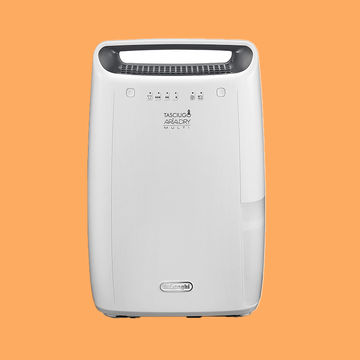
16 best dehumidifiers, tried and tested

The best winter duvets to keep the chill away
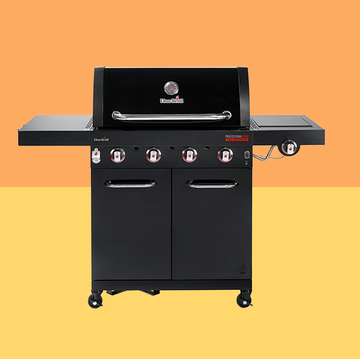
11 best gas BBQs to buy for every garden















